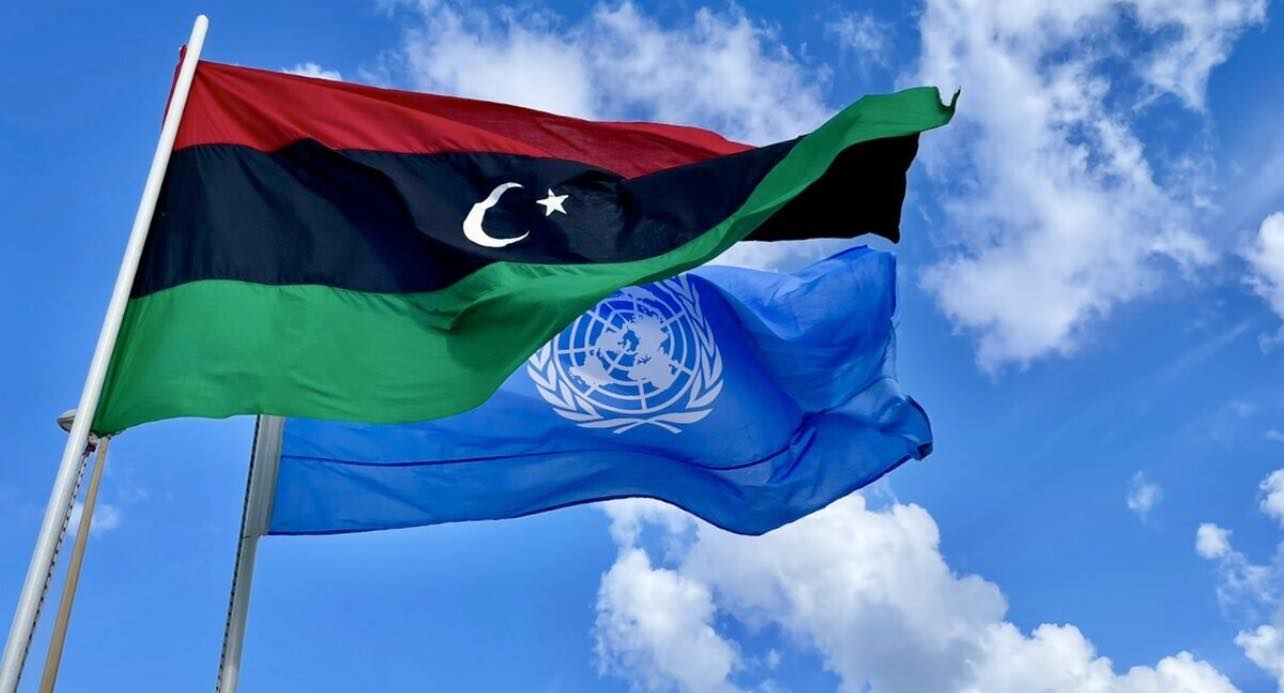UNSMIL calls for involving more women in economic decision-making in Libya.
Pulbished on:
Tripoli April 15, 2024 (Lana) a panel discussion organized by UNSMIL on the occasion of International Women’s Day concluded that more women must be included in economic decision-making in Libya to accelerate economic progress and women's empowerment.
A Political Affairs Officer at UNSMIL, Sonja Sigmund, during the discussion, which was attended by twenty women from the civil society sector in the webinar, emphasized how systematic discrimination against and unequal opportunities for women, along with limited access to resources, not only restricts individuals from reaching their potential but also hampers the overall prosperity and resilience of Libyan society.”
“Unfortunately, unequal access to Libya’s wealth, a lack of transparency and accountability in its management, and limited socioeconomic prospects—especially for Libyan women and youth—remain powerful drivers of political instability and insecurity in Libya,” she said.
Khadija Elboaishi, an advisor on equality between men and women for UNDP in Libya, said increasing the percentage of women in decision-making positions is key to addressing these challenges.
“We all know that the presence of women at these levels is very important because it ensures the integration of women’s perspectives, women’s priorities, and their challenges,” she said.
“For its part, the United Nations aligns its work in Libya with a strategy to ensure equality between men and women. Fifteen percent of UNDP spending is directed at promoting and supporting women,” she added.
UNDP has programming to increase women’s participation in the technology sector by teaching computer programming skills and funding small women-led businesses, among other things.
This aligns with SRSG Abdoulaye Bathily’s call on International Women’s Day to “empower women to assume their rightful role as drivers of Libya’s transformative change.”
“Libyan women play a crucial role in shaping and advancing Libya’s political and economic landscape, and their meaningful engagement in political, economic, and reconciliation processes brings advantages to the entire society,” he said.
=Lana=




